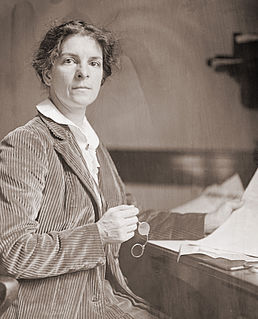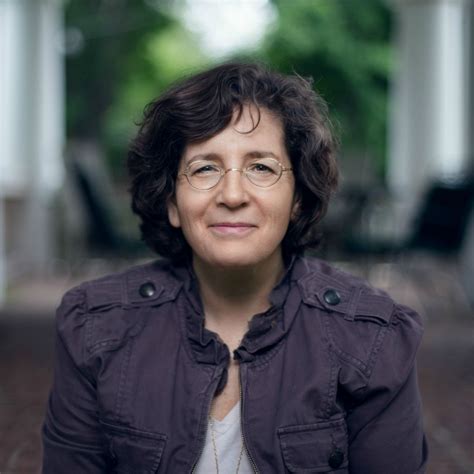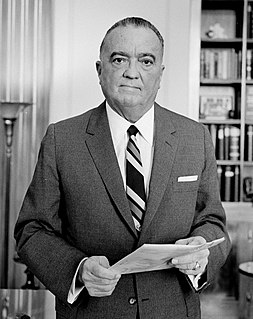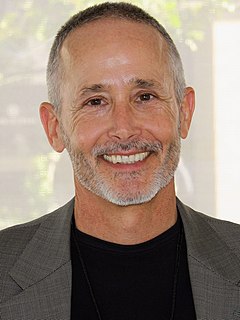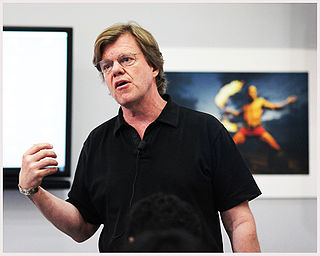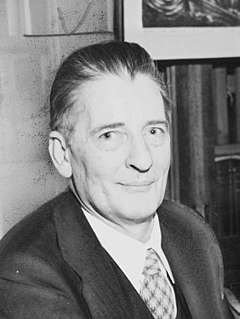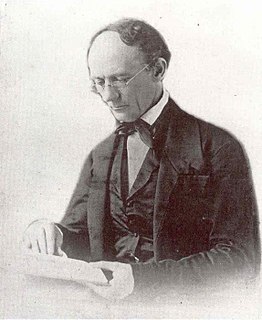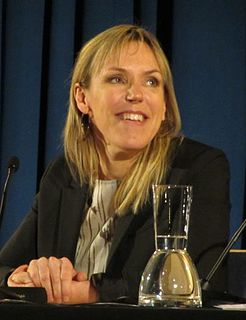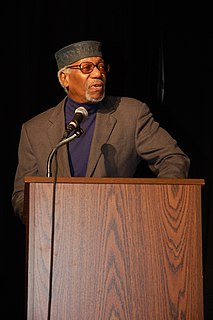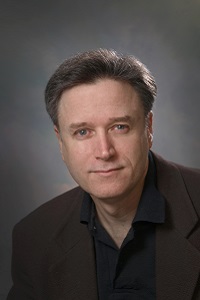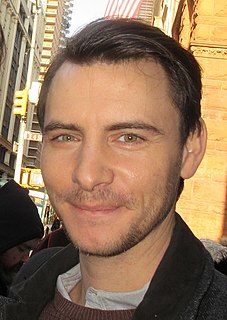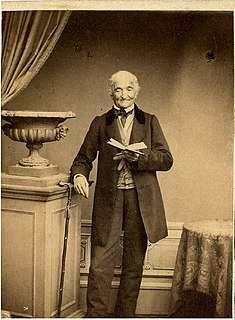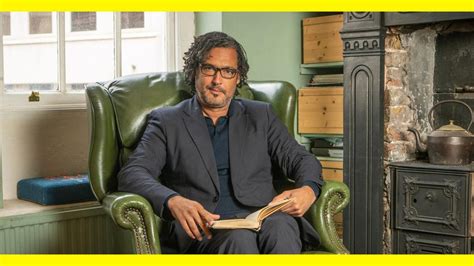Top 1200 Great Author Quotes & Sayings - Page 4
Explore popular Great Author quotes.
Last updated on December 18, 2024.
At a tender age, I commandeered half a quire of foolscap from my father's desk and sat down to write a book. ...I had observed onprinted fly leaves the words "By the author of, etc." ...So under the title of my prospective work I wrote: By the author of "Les Miserables," "The Woman in White," "Dombey and Son," "Tom Brown's Schooldays" and "Our Life in the Highlands," the last-named being an opus of good Queen Victoria. I had not read all these works but they existed on our bookshelves, and I hoped to produce something worthy of comparison.
The letters of famous people can be placed into two categories: there is the type of letter which becomes itself a valuable contribution to literature through its wit, style or wisdom; another kind is that whose main importance lies in the provision of a background to their author's life. Especially in the correspondence of great writers and poets, these two factors are very often combined.
When an editor works with an author, she cannot help seeing into the medicine cabinet of his soul. All the terrible emotions, the desire for vindications, the paranoia, and the projection are bottled in there, along with all the excesses of envy, desire for revenge, all the hypochondriacal responses, rituals, defenses, and the twin obsessions with sex and money. It other words, the stuff of great books.
The flames of freedom which were lighted across this great land of ours in Thomas Jefferson's day have continued to burn with an intense and magnetic light for nearly 200 years. They have been fed by the spiritual fuel which abounds only in a land where an abiding faith in God and recognition of Him as the true Author of Liberty prevail.
The art of quotation requires more delicacy in the practice than those conceive who can see nothing more in a quotation than an extract. Whenever the mind of a writer is saturated with the full inspiration of a great author, a quotation gives completeness to the whole; it seals his feelings with undisputed authority.
I learned a good deal about economics, and about America, from the author of the Reagan tax reforms - the great Jack Kemp. What gave Jack that incredible enthusiasm was his belief in the possibilities of free people, in the power of free enterprise and strong communities to overcome poverty and despair. We need that same optimism right now.
Adrienne Mayor's inquiry into the myth--and surprising reality--of Amazon women begins with the fierce Greek huntress Atalanta, but takes us deep into the past and as far afield as the Great Wall of China. With the restless curiosity and meticulous scholarship that have become her hallmark, the author once again has found a gap in my bookshelf and filled it, admirably.
Back in the late '90s, a writer named Daniel Handler decided that kids books were too cheerful. I mean, all the "Harry Potter" series did was occasionally kill off major characters. Thus was born "A Series Of Unfortunate Events" and its mysterious author, Lemony Snicket. "A Series Of Unfortunate Events" is now a great new series on Netflix.
All revolutionary advances in science may consist less of sudden and dramatic revelations than a series of transformations, of which the revolutionary significance may not be seen (except afterwards, by historians) until the last great step. In many cases the full potentiality and force of a most radical step in such a sequence of transformations may not even be manifest to its author.
It is (to describe it figuratively) as if an author were to make a slip of the pen, and as if this clerical error became conscious of being such. Perhaps this was no error but in a far higher sense was an essential part of the whole exposition. It is, then, as if this clerical error were to revolt against the author, out of hatred for him, were to forbid him to correct it, and were to say, "No, I will not be erased, I will stand as a witness against thee, that thou art a very poor writer."
Reading with an eye towards metaphor allows us to become the person we’re reading about, while reading about them. That’s why there is symbols in books and why your English teacher deserves your attention. Ultimately, it doesn’t matter if the author intended the symbol to be there because the job of reading is not to understand the author’s intent. The job of reading is to use stories as a way into seeing other people as a we ourselves.
The art path leads you to be increasingly free. And what does "because of being increasingly free" mean? Julio Ramón Ribeyro used to say a mature novel demands the author's death, not literal death but metaphoric death, which is the author has to truly erase himself. Therefore, to be truly free, you have to break free from internal and external pressures, to erase the self completely and become a sort of medium, let the story pass through yourself and let the story dance with you.
No author, I think, is deserving of much censure for vanity if, taking down one of his ten-year-old books, he exclaims: "Great heavens, did I write as well as that then?" for the implication always is that one does not write any longer so well and few are so envious as to censure the complacencies of an extinct volcano.
[D]on't ever apologize to an author for buying something in paperback, or taking it out from a library (that's what they're there for. Use your library). Don't apologize to this author for buying books second hand, or getting them from bookcrossing or borrowing a friend's copy. What's important to me is that people read the books and enjoy them, and that, at some point in there, the book was bought by someone. And that people who like things, tell other people. The most important thing is that people read.
Seán Manchester is, unsurprisingly, very well read in both classical and more recent sources on vampires and vampirism, and cites them with great authority while taking the reader through a brief tour of vampire lore and mythology. This is a book I'd recommend to anybody with an interest in the author or vampires. The parts which deal with vampires are obviously based on years of substantial research and personal experience.
Why don’t you purchase an Italian dictionary? I will assume the expense.” “I have one,” she said, “but I don’t think it’s very good. Half the words are missing.” “Half?” “Well, some,” she amended. “But truly, that’s not the problem.” He blinked, waiting for her to continue. She did. Of course. “I don’t think Italian is the author’s native tongue,” she said. “The author of the dictionary?” he queried. “Yes. It’s not terribly idiomatic.
There can be no real conflict between the two Books of the Great Author. Both are revelations made by Him to man,-the earlier telling of God-made harmonies coming up from the deep past, and rising to their height when man appeared, the later teaching man's relations to his Maker, and speaking of loftier harmonies in the eternal future.
I was in Los Angeles making 'Dead Again' and the producer, Lindsay Doran , asked me if I'd be interested in adapting this book, .. Austen is my favorite author and I thought, 'Well, of course, I'd be very interested, but I don't know how. I don't know where to start, A, writing a screenplay and B, sort of adapting it from a great novel.
One thing should be put firmly. Where people have commented on that novel [The Paper Men], they generally criticize the poor academic, Rick L. Tucker, who is savaged by the author, Wilfred Barclay. I don't think people have noticed that I have been far ruder about Barclay than I have been about Tucker. Tucker is a fool, but Barclay is a swine. The author really gets his come-uppance.
The Christian religion is the religion of our country. From it are derived our nation, on the character of God, on the great moral Governor of the universe. On its doctrines are founded the peculiarities of our free Institutions. From no source has this author drawn more conspicuously than from the sacred Scriptures. From all these extracts from the Bible, I make no apology.
The Founding Father expressed in words for all to read the ideal of Government based upon the dignity of the individual. That ideal previously had existed only in the hearts and minds of men. They produced the timeless documents upon which the Nation is rounded and has grown great. They, recognizing God as the author of individual fights, declared that the purpose of Government is to secure those rights.
There's a book that I read, really a great book - it's called 'Lone Survivor' and I think they're trying to make it into a movie. I would love to play Marcus Luttrell, who was the author and the 'lone survivor.' He's a national hero; he's very courageous and heroic in insurmountable danger, so it's something I'd love to explore.
The Internet obviously changes things; we've seen that in the music industry above all else. As an author, I'm now having to deal with the fact that it's happening in the publishing industry as well. And publishing is going through a very difficult time. Some view it as positive, some negative, but nobody really knows how to deal with it. If you're an author it looks very challenging because your work can be pirated so easily and there's very little you can do about it.
WARNING: The following is a transcript of a digital recording. In certain places, the audio quality was poor, so some words and phrases represent the author's best guesses. Where possible, illustrations of important symbols mentioned in the recording have been added. Background noises such as scuffling, hitting, and cursing by the two speakers have not been transcribed The author makes no claims for the authenticity of the recording. It seems impossible that the two young narrators are telling the truth, but you, the reader, must decide for yourself.
You’ve thrown down the gauntlet. You’ve brought my wrath down upon your house. Now, to prove that I exist I must kill you. As the child outlives the father, so must the character bury the author. If you are, in fact, my continuing author, then killing you will end my existence as well. Small loss. Such a life, as your puppet, is not worth living. But… If I destroy you and your dreck script, and I still exist… then my existence will be glorious, for I will become my own master.
If you're reading an exciting book, it raises an expectation but it also raises a fear that the author is not going to deliver, that the expectation is not going to be met, you're going to be disappointed by a wrong turn. But when the thing is completed, the exhilaration and gratitude are deeply intense. You've gotten to read a great thing at its moment of emergence.
Year after year, author/historian William Loren Katz continues to mine the lodestone of Black culture, and it is simply amazing how often he manages to find new treasures. Here, with the same insight he brought to Black Indians and his other books, the author traces the courageous role of Black women in settling the West. He deftly shows how these pioneering spirits helped stabilize early communities in Texas, Oklahoma, California and elsewhere.
I learned to write from reading. I had no writing classes. It's part of my thinking as the writer-author, reading, but then I also want to bring this into my characters, who also read and think. There's that great quote from Virginia Woolf - it's very simple: "...books continue each other." I think when you're a writer, you're also, hopefully, a reader, and you're bringing those earlier works into your work.
The Noonday Demon explores the subterranean realms of an illness which is on the point of becoming endemic, and which more than anything else mirrors the present state of our civilization and its profound discontents. As wide-ranging as it is incisive, this astonishing work is a testimony both to the muted suffering of millions and to the great courage it must have taken the author to set his mind against it.
The advantages of natural folly in a beautiful girl have been already set forth by the capital pen of a sister author; and to her treatment of the subject I will only add, in justice to men, that though to the larger and more trifling part of the sex, imbecility in females is a great enhancement of their personal charms, there is a portion of them too reasonable and too well informed themselves to desire anything more in woman than ignorance
When once experience taught me that I could work when I chose, and within a quarter of an hour of my determining to do so, I was relieved, in a great measure, from those embarrassments and depressions which I see afflicting many an author who waits for a mood instead of summoning it, and is the sport, instead of the master, of his own impressions and ideas.
Reading a book should be a conversation between you and the author. Presumably he knows more about the subject than you do; if not, you probably should not be bothering with his book. But understanding is a two-way operation; the learner has to question himself and question the teacher, once he understands what the teacher is saying. Marking a book is literally an expression of your differences or your agreements with the author. It is the highest respect you can pay him.
There is nothing little in God; His mercy is like Himself-it is infinite. You cannot measure it. His mercy is so great that it forgives great sins to great sinners, after great lengths of time, and then gives great favours and great privileges, and raises us up to great enjoyments in the great heaven of the great God.
If new species arise very rapidly in small, peripherally isolated local populations, then the great expectation of insensibly graded fossil sequences is a chimera. A new species does not evolve in the area of its ancestors; it does not arise from the slow transformation of all its forbears.
co-author with Niles Eldridge
Holding this book in your hand, sinking back in your soft armchair, you will say to yourself: perhaps it will amuse me. And after you have read this story of great misfortunes, you will no doubt dine well, blaming the author for your own insensitivity, accusing him of wild exaggeration and flights of fancy. But rest assured: this tragedy is not a fiction. All is true.
Anthony Ryan is a new fantasy author destined to make his mark on the genre. His debut novel, Blood Song, certainly has it all: great coming of age tale, compelling character, and a fast-paced plot. If his first book is any indication of things to come, then all fantasy readers should rejoice as a new master storyteller has hit the scene.
The two important facts I should say, are emotion, and then words arising from emotion. I don't think you can write in an emotionless way. If you attempt it, the result is artificial. I don't like that kind of writing. I think that if a poem is really great, you should think of it as having written itself despite the author. It should flow.
For me, my core genius lies in the area of teaching and motivating. I love to do it, I do it well, and people report that they get great value from it. Another core genius is compiling and writing books. Along with my co-author Mark Victor Hansen and others, I have written, co-authored, compiled and edited more than 200 books.
There is no obligation for the author of a film to believe in, or to sympathise with, the moral behaviour of his characters. Nor is he necessarily to be accredited with the same opinions as his characters. Nor is it necessary or obligatory for him to believe in the tenet of his construction - all of which is a disclaimer to the notion that the author of Drowning by Numbers believes that all men are weak, enfeebled, loutish, boorish and generally inadequate and incompetent as partners for women. But it's a thought.
The wonderful fortune of some writers deludes and leads to misery a great number of young people. It cannot be too often repeated that it is dangerous to enter upon a career of letters without some other means of living. An illustrious author has said in these times, "Literature must not be leant on as upon a crutch; it is little more than a stick.
There is no author or legislator of the moral law. It is simply valid in itself in the nature or essence of things. We become autonomous only when we obey it, because then our will aligns itself with the objectively valid law, and our choice follows the same law as that we give ourselves. We can think of rational faculty (or the idea - the pure rational concept, not exhibitable in experience) as the legislator or author of the law because reason recognizes an objective standard, and to that extent is already aligned with objective moral truth.
Christ is the Master; the Scriptures are only the servant. The true way to test all the Books is to see whether they work the will of Christ or not. No Book which does not preach Christ can be apostolic, though Peter or Paul were its author. And no Book which does preach Christ can fail to be apostolic, although Judas, Ananias, Pilate, or Herod were its author.
The Saga of Dharmapuri is one of the great works of modern Indian literature. (...) Set against Vijayan's heroic and scatological Candide -- originally written in Malayalam and finely translated into English by the author -- the timidity of our own English talent for political satire is embarrassingly laid bare. For this is dangerous stuff, and cut close to the bone. (...) Fiercest of all is Vijayan's Voltairean recoil from Indian cringing to power.
